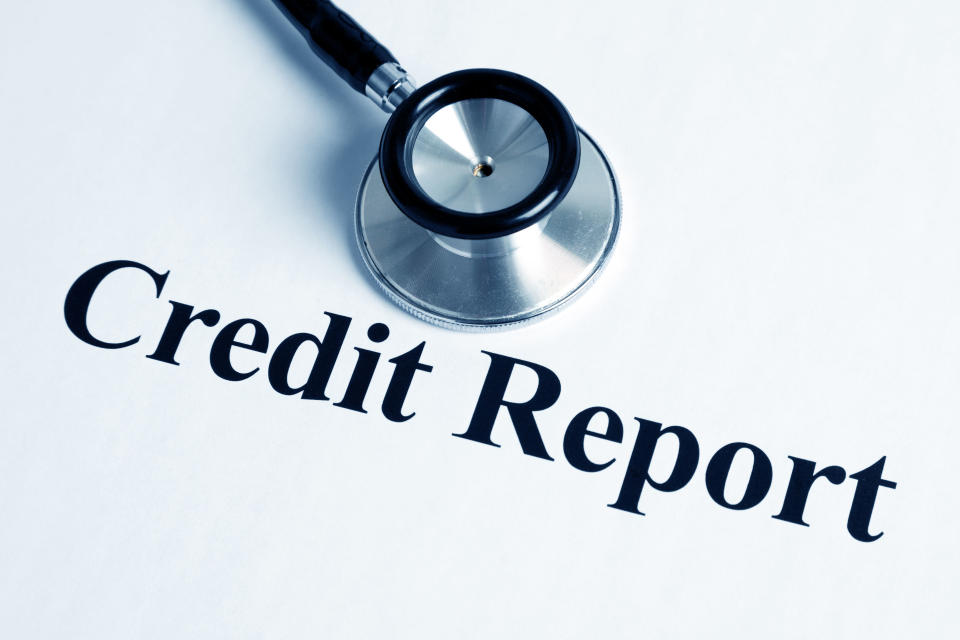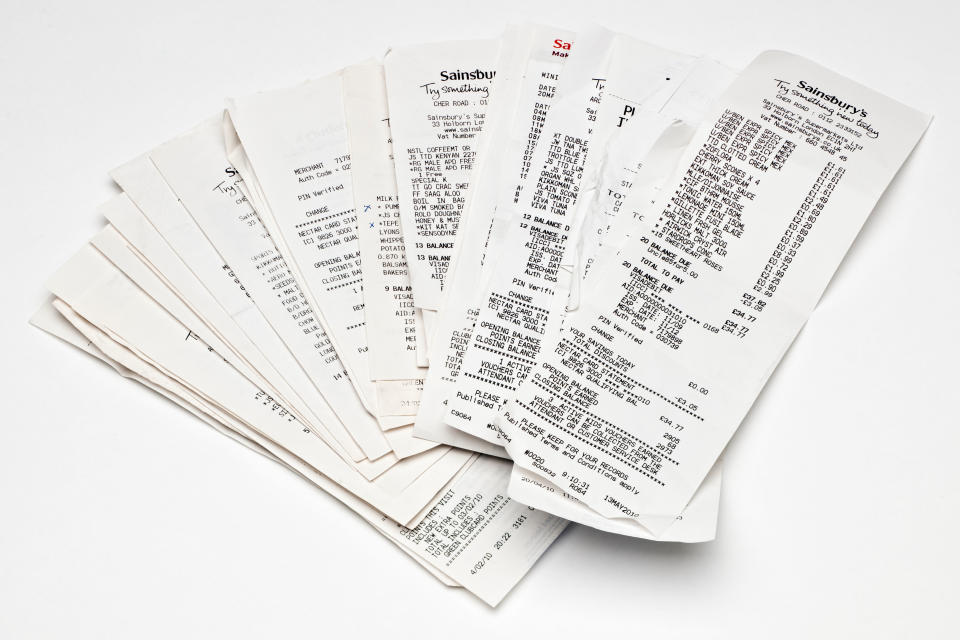Equifax Clarifies Policy After Outcry Over Consumers' Legal Rights Following Hack
Equifax issued a statement Friday saying that victims of a recent massive security breach won’t have to waive their right to file a class action lawsuit against the company, after people noticed language buried in Equifax’s terms of service that barred customers from doing so.
“We have made it clear that the arbitration clause and class action waiver included in the Equifax and TrustedID Premier terms of use does not apply to this cybersecurity incident,” the company said in an update to its website.
Equifax announced Thursday that it had discovered in July it was the victim of a massive hack that exposed the personal information of an estimated 143 million Americans. Social Security numbers and credit card numbers were among the information exposed.
The company offered those affected by the hack a free one-year subscription to its credit-monitoring service TrustedID Premier. Those who opt to use Equifax’s free service will be charged after a year if they do not actively cancel their subscriptions.
Shortly after the announcement, people on social media pointed out the arbitration clause buried in the product’s terms of use, which bars customers from participating in any class action lawsuits against the company.
DO NOT SIGN UP FOR EQUIFAX'S CREDIT MONITORING "SOLUTION" TO ITS BREACH. YOU WAIVE THE RIGHT TO ENJOIN A CLASS ACTION LAWSUIT.
— 🏴 Lauri Love 🏴 (@laurilove) September 8, 2017
You know you can’t be part of the Equifax class action lawsuit if you use their credit monitoring service, because you read the ToS, right?
— Johnny 😺 Xmas (@J0hnnyXm4s) September 8, 2017
Don't sign up for the credit monitoring from Equifax. If you do you are agreeing to NOT join a class action lawsuit! Spread the word. pic.twitter.com/H4KJJw4h8Z
— Kevin Nether (@TechNinjaSpeaks) September 9, 2017
Equifax clarified its terms of use after New York Attorney General Eric Schneiderman on Friday called the language in question “unacceptable and unenforceable.”
Later Friday, Schneiderman said he was launching a formal investigation into Equifax’s security breach and encouraged all of Equifax’s customers to reach out to the company to see if they were affected.
I am launching a formal investigation into the #Equifax breach. Today, I sent a letter to @Equifax seeking additional information. pic.twitter.com/qlZIs8OKnO
— Eric Schneiderman (@AGSchneiderman) September 8, 2017
So far, two class action lawsuits against Equifax have been proposed, alleging that the credit monitoring company was negligent in protecting its customers’ private information and should have spent more money protecting the data against cyberattacks.
Also on HuffPost
Love HuffPost? Become a founding member of HuffPost Plus today.
Limit Social Networking

Register To Vote At Your Current Address

Check Your Credit Report Often

Keep Your Computer/Tablet/Phone Secure

Know Your Online Scams

Be Wary When Using E-Commerce

Protect Your Passwords

Be Careful When Away From Home

Watch Your Wallet Or Purse

Guard Your Receipts

Protect Your SIN

Shred Unwanted Documents

Get Rid Of Old Card

This article originally appeared on HuffPost.

